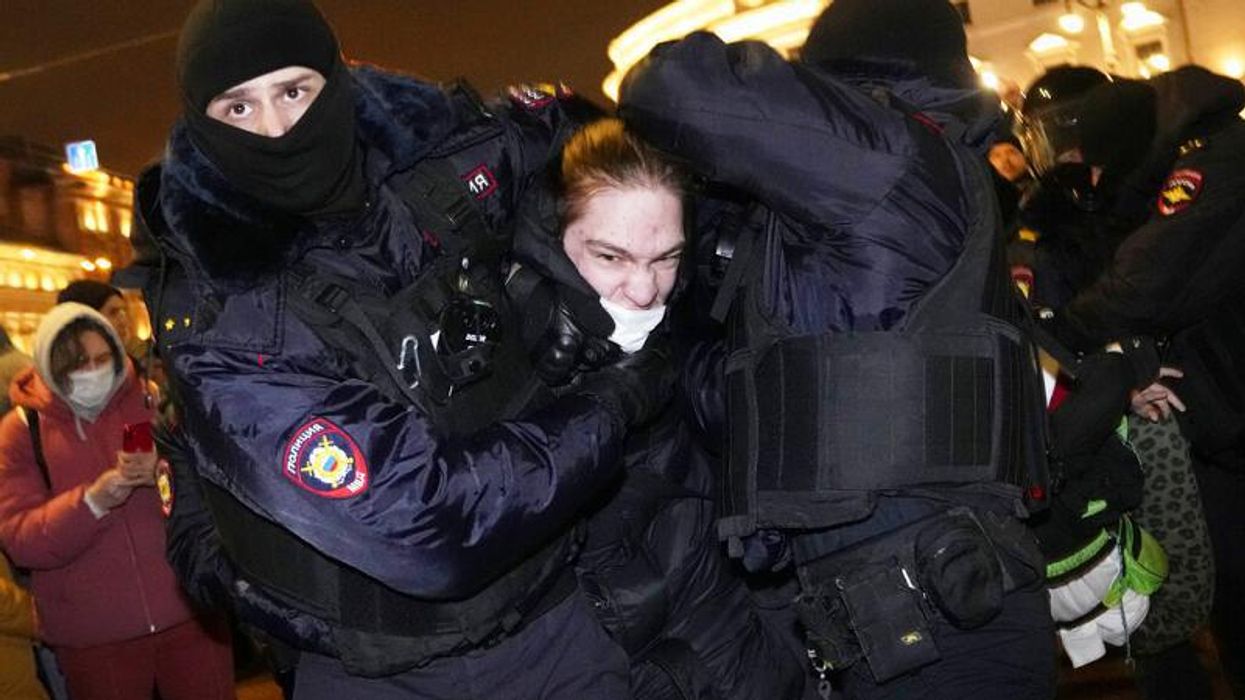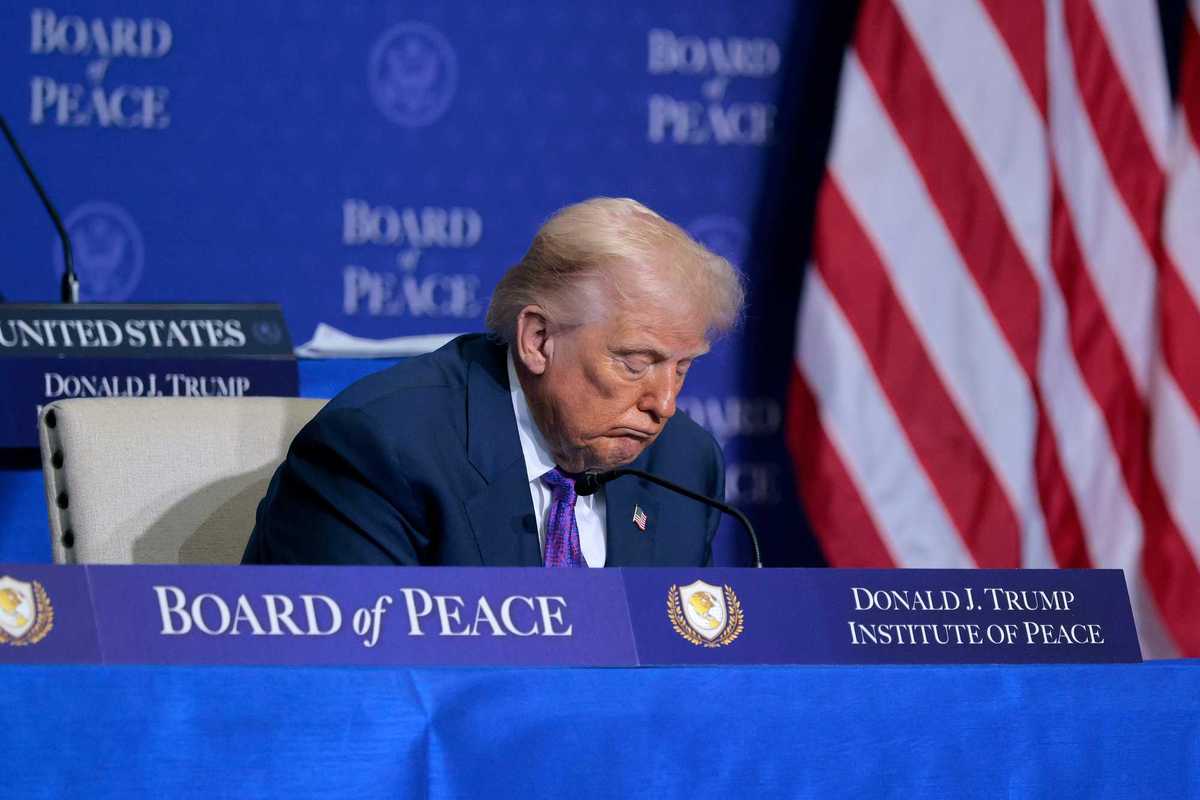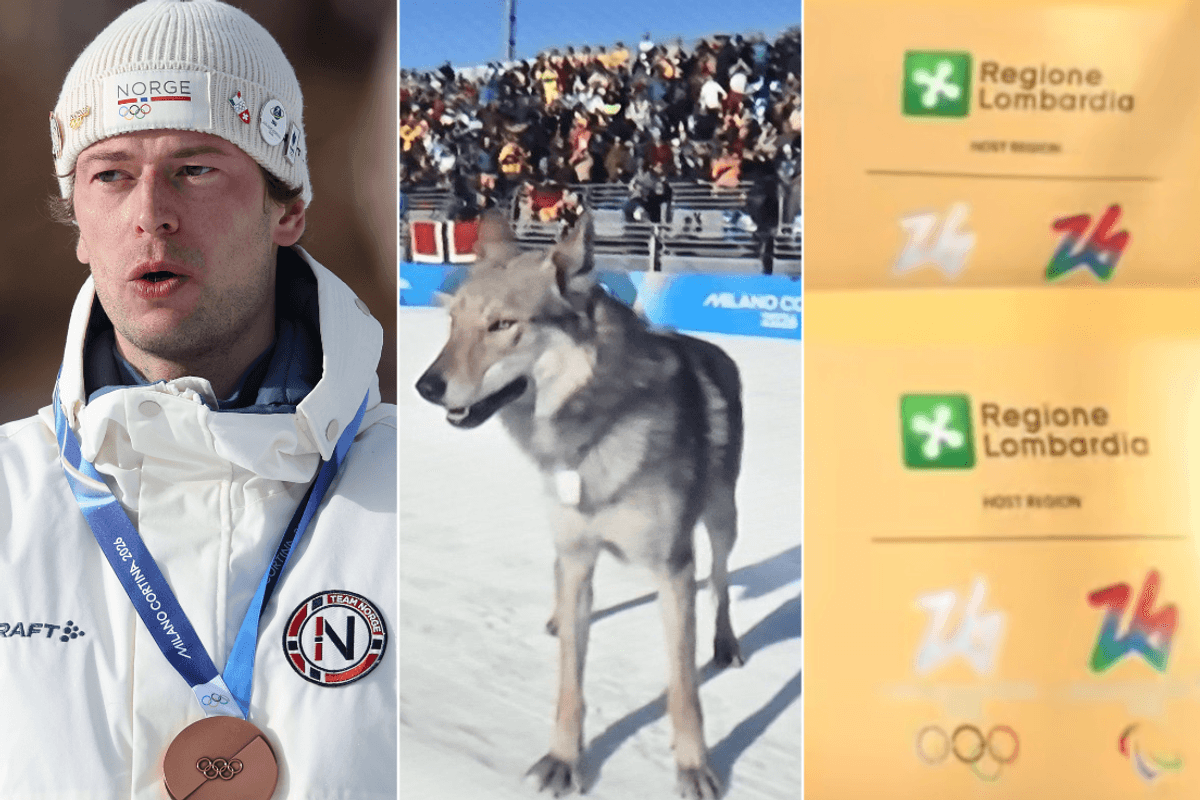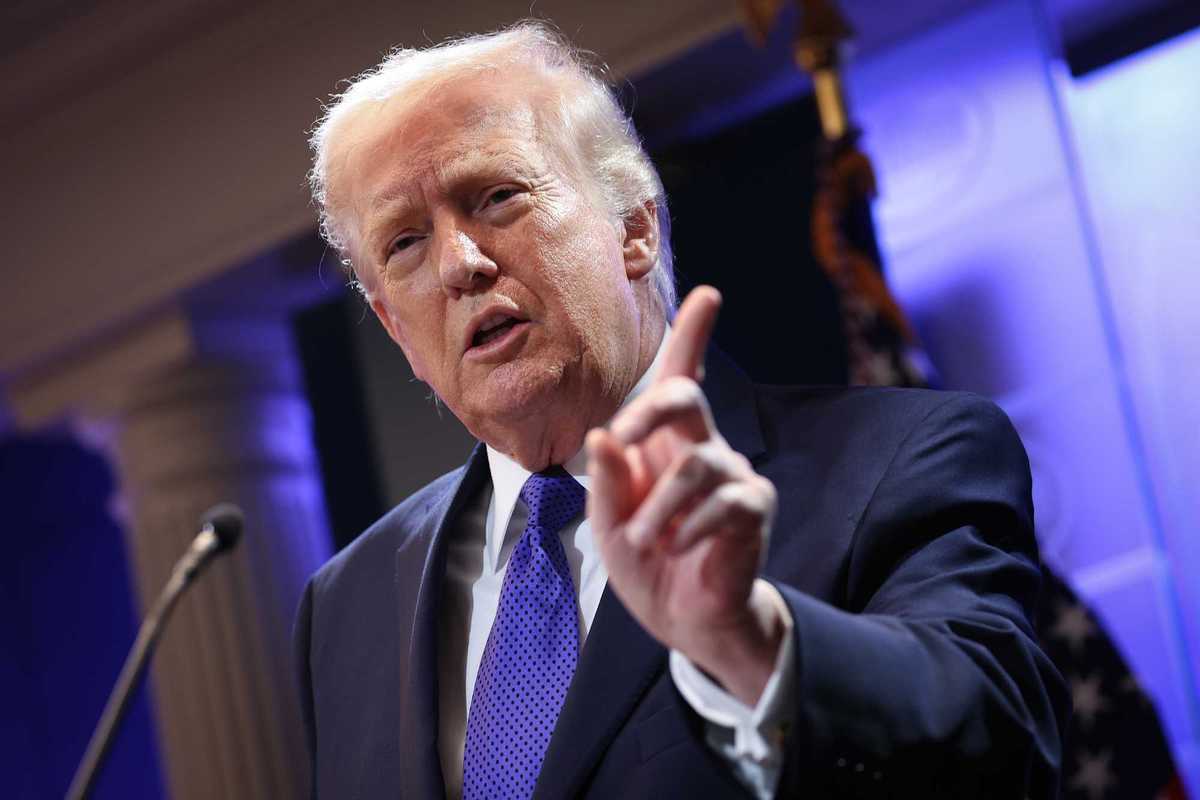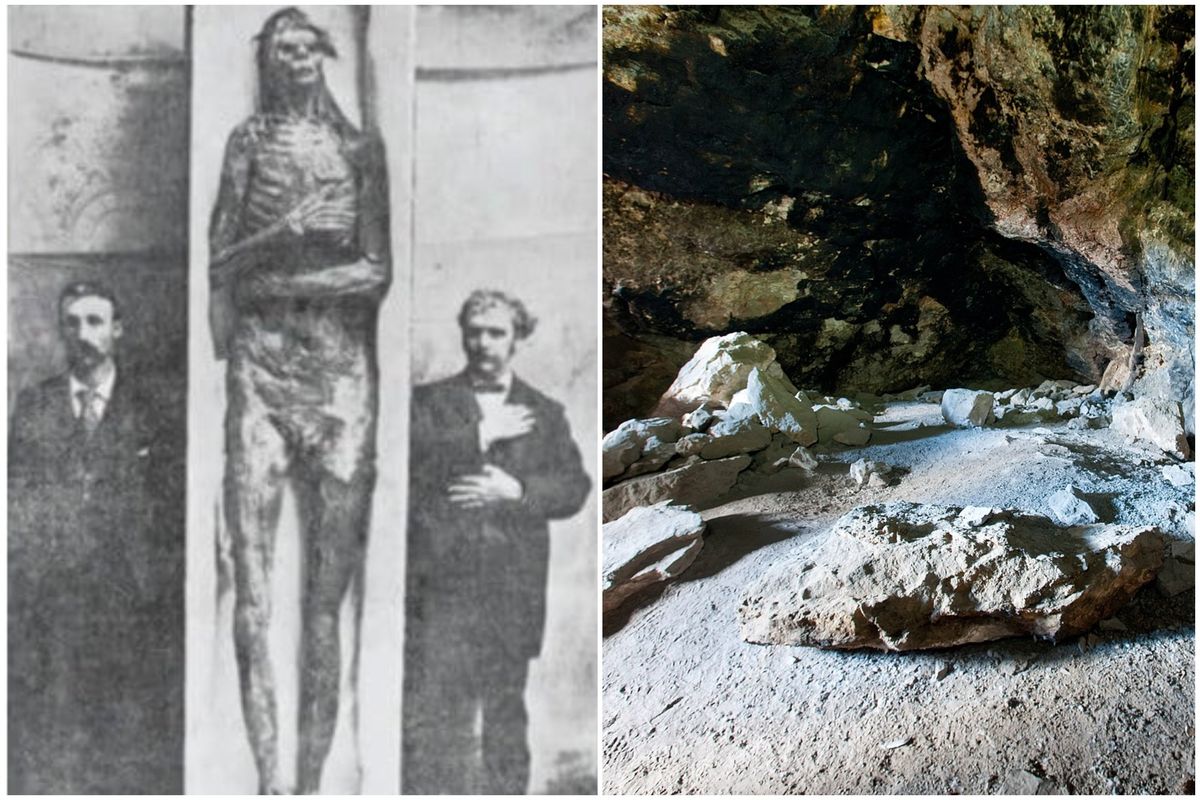Putin declared war on Ukraine on Thursday after explosions were reported across the outskirts of Kharkiv, Kramatorsk, Mariupol and the capital.
The Russian president warned countries against interference, saying: “If you do you will face consequences greater than any of you have faced in history."
Ukrainian president Volodymyr Zelenskyy has urged people to stay at home when they can. "No panic. We're strong. We're ready for anything. We'll defeat everyone because we are Ukraine," he said in a video statement.
It has now been revealed that the war could have a surprising impact on Google Maps.
Sign up to our free Indy100 weekly newsletter
Google Maps dominates the mapping space on a worldwide scale and has the potential to "legitimize the illegal actions of hostile nations." It has landed them in some heated debates among sovereign nations.
Google, one of the world's most powerful multinational technology companies, has more of an influencer over international affairs than you may initially think. Google Maps can interfere with users' perception of major geopolitical disputes and had been open about providing localised versions of maps in certain countries.
In 2014, when Russia annexed Crimea, Google Maps had already assigned the border to some versions of the platform.
According to TIME, users in Ukraine were being shown a version with no demarcated border between Crimea and Russia, but a light grey line indicating an internal border within Ukraine.
However, on the Russian Google Maps, a solid line appeared between Ukraine and Crimea to reflect "Crimea unequivocally belonged to Russia."
At the same time, users across the world were said to have been shown a dashed line between Crimea and Ukraine which suggested the border was disputed.
A company spokesperson said that their aim is to showcase the world "objectively" and to follow “local regulations for naming and border disputes.”
Have your say in our news democracy. Click the upvote icon at the top of the page to help raise this article through the indy100 rankings.
